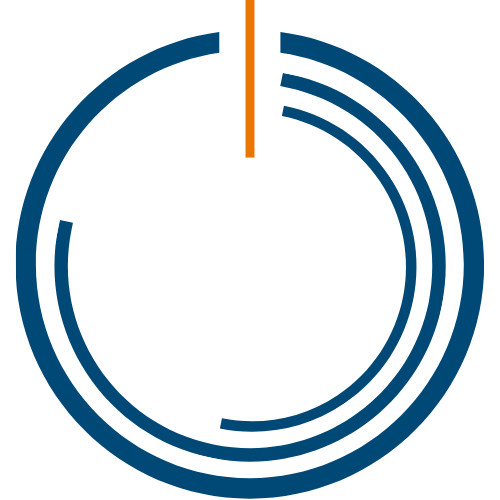2 min read
I'm the father two girls, ages 3 and 2. When they were newborns, I liked to help Mom at night by "taking the night shift". I had a normal 9-to-5 job, so my choices during the day were, 1) be a walking zombie, or 2) drink caffeine. I chose the latter. In fact, I often refer to caffeine as liquid sleep. And I'm not alone in my parenting struggles.
Many parents turn to caffeine to help them stay alert and energized throughout the day. But how much caffeine is too much? Let's explore the optimal caffeine intake for parents. As a sleep-deprived mother or father, it's so important to be mindful of your caffeine consumption.

What is Caffeine?
Caffeine is a stimulant that can be found in many foods and drinks, including coffee, tea, soda, and chocolate. It works by blocking the action of a neurotransmitter called adenosine, which promotes sleep and relaxation. By blocking adenosine, caffeine increases alertness and energy, and can improve cognitive performance, mood, and physical endurance.
How Much Caffeine is Safe?
While caffeine has many benefits, it's important to consume it in moderation to avoid negative side effects. According to the U.S. Food and Drug Administration (FDA), consuming up to 400 milligrams (mg) of caffeine per day is generally safe for healthy adults. However, individual sensitivity to caffeine can vary, and some people may experience negative effects at lower doses. Common side effects of excessive caffeine intake include jitteriness, anxiety, insomnia, and rapid heart rate.
Optimal Caffeine Intake for Parents
As a parent with newborns or toddlers, it's important to be mindful of your caffeine consumption. According to some experts, a general rule of thumb is to consume 1-3 mg of caffeine per kilogram (kg) of body weight per day. For example, if you weigh 70 kg (154 pounds), you should aim for 70-210 mg of caffeine per day.

"New parents need to be especially careful about caffeine intake," says Dr. Jennifer L. Holstein, a pediatrician at Children's Hospital Colorado. "Caffeine can be a helpful tool for staying alert and awake, but excessive caffeine intake can have negative effects on sleep quality, which can in turn affect mood, cognitive performance, and overall well-being."
Moreover, breastfeeding mothers should also be mindful of their caffeine intake, as caffeine can pass through breast milk and affect the baby's sleep and behavior. According to the American Academy of Pediatrics (AAP), moderate caffeine intake (up to 300 mg per day) is unlikely to harm the baby, but excessive caffeine intake should be avoided.
Conclusion
So here's to you, tired parent. ☕
Prioritize your health and well-being, but also to be mindful of the potential risks of excessive caffeine intake. The optimal caffeine intake for most people is between 1-3 mg of caffeine per kg of body weight per day. To avoid negative side effects, it's important to monitor your caffeine consumption, especially if you're breastfeeding, and to avoid consuming caffeine too late in the day or with other stimulants or medications. With the right amount and timing of caffeine, parents can stay alert and energized without compromising their own health or that of their children.

